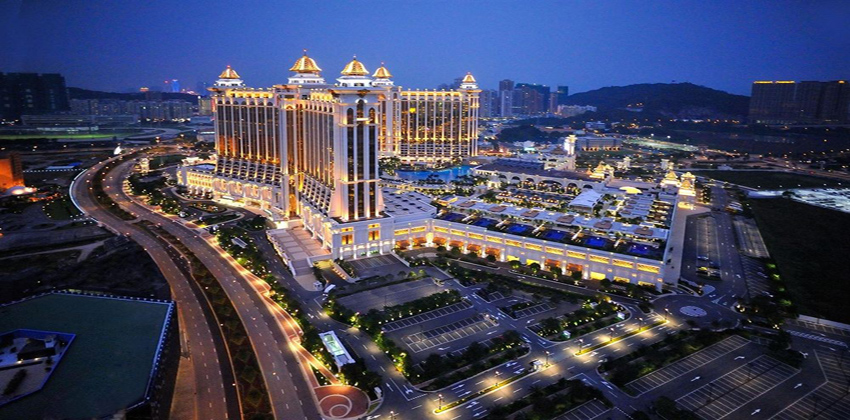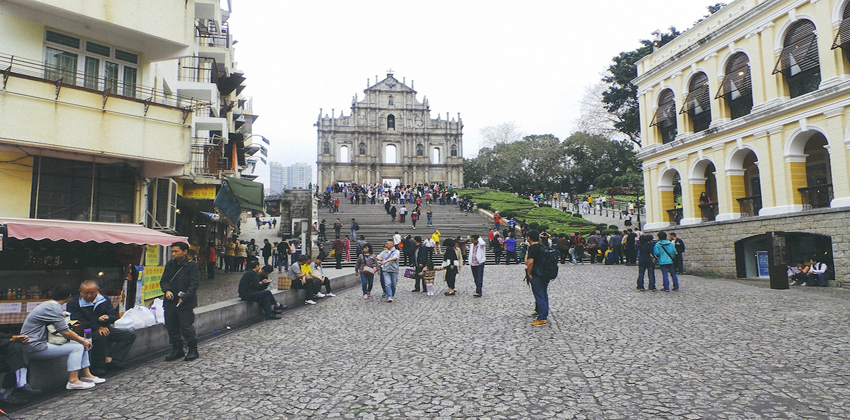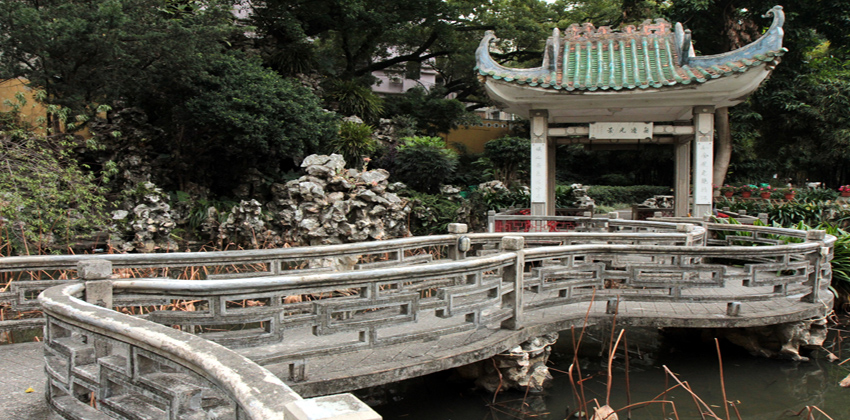Macau- more than gaming
Macau, a special administrative region under China, is one of the famous gaming destination of the world. Formerly administrated by Portugal till 1999, Macau has a rich blend of Chinese and European culture, architecture and food. Ancient Chinese temples on streets paved with traditional Portuguese tiles is the unique scene this city can offers.

The resort city which is one of the richest region in the world, is known for its casinos and luxury hotels. Shows, entertainment and nightlife are the main attractions here. Cotai is the gambling and tourism area of Macau.
Venetian is the biggest of all casinos at cotai. Its features include some 3000 hotel suites, a full-sized arena and more than 500,000 sq. ft. of gaming floor. Its centerpiece is the Grand Canal Shoppes, an indoor mall surrounding three enormous curved canals, where gondoliers push boats of tourists through pool-blue waters while singing opera. The ceiling is painted and lit to resemble the sky at dusk. Wynn Palace, the Parisian are some other famous casinos to name.

Ruins of St. Paul’s
But Macau has more in it, than gambling. Taipa Village is the other face of Macau. It is the non-gaming part of Macau, which offers rich cultural heritage and historic beauty. Museums and colonial churches, Chinese temples, traditional Chinese shops and some excellent restaurants are found here.
Ruins of St. Paul’s is one of the famous landmarks in Macau. It is 16th century cathedral designed by an Italian Jesuit and completed by early Japanese Christian exiles and Chinese craftsmen .The church was one of the greatest monuments to Christianity in Asia.
Flora Gardens, largest public garden of Macau, is a European-style garden known for its cable car. The cable cars travel to Guia Hills, the highest point in the city. Guia Fort and chapel are situated in this hill. Guia affords panoramic views of the city.

Lou Lim Ieoc Garden
Lou Lim Ieoc Garden is another attraction. It is a Suzhou-style garden with lotus ponds and bamboo groves.adjacent to the garden is the Macao Tea Culture House, displaying Chinese tea-drinking culture with exhibits of teapots and paintings related to the coveted drink.



